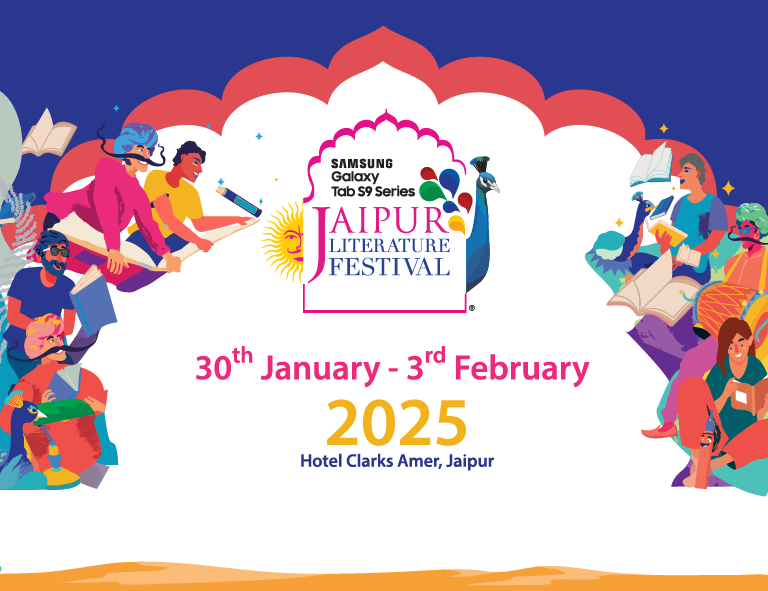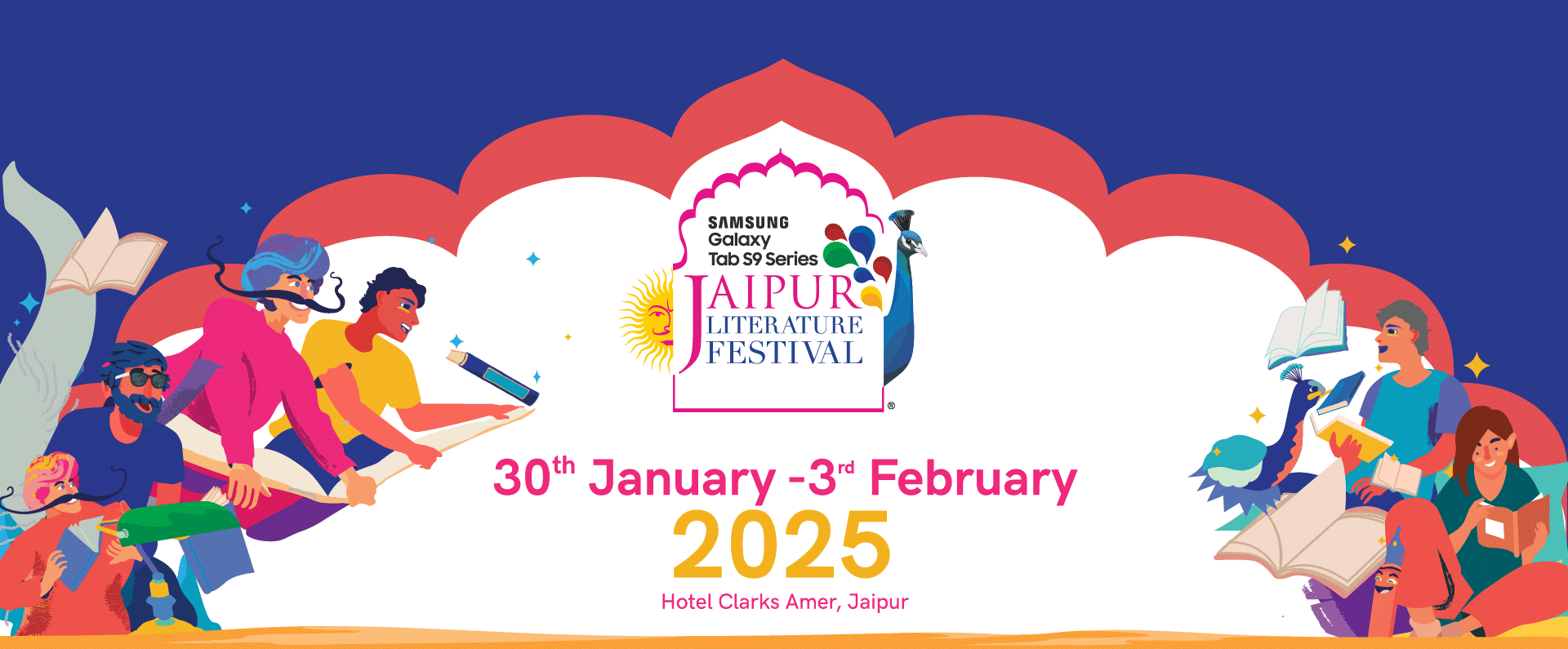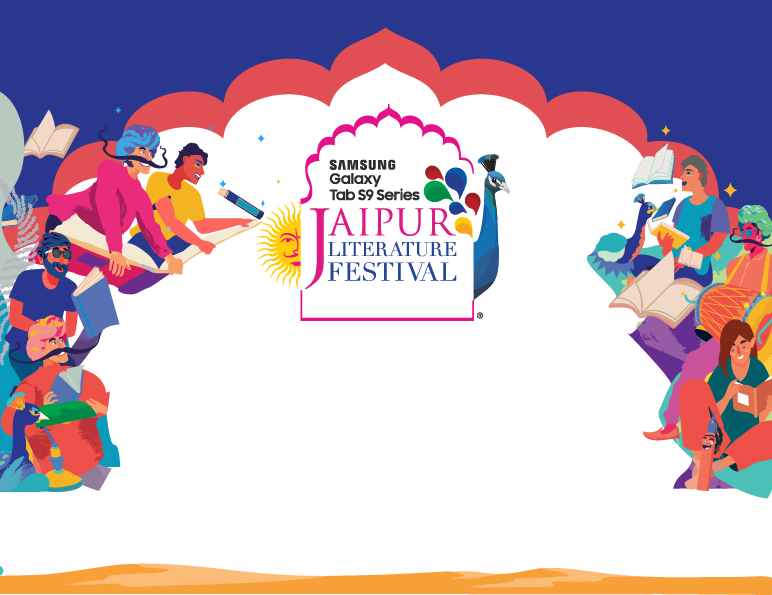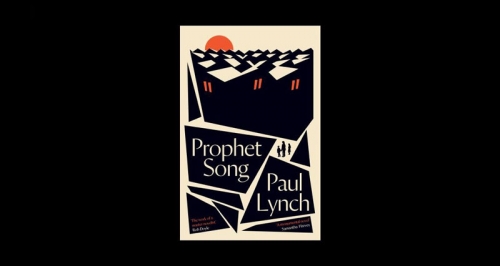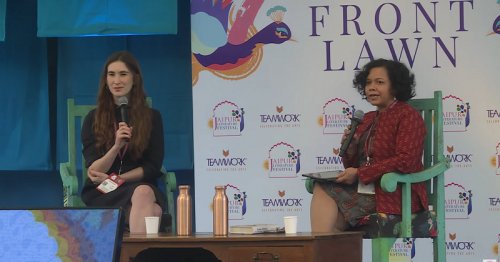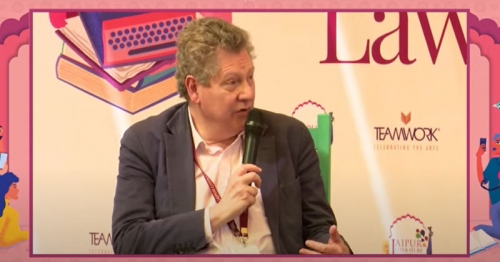Noise: A Flaw in Human Judgment | Daniel Kahneman, Olivier Sibony, Cass R Sunstein with Mihir Sharma
Are human beings entirely rational ? Are some of us more emotional or intuitive by nature? Is there a particular time of the day when we’re likely to be more reasonable? These questions may sound absurd, but have come under careful consideration in the last few decades by cutting-edge research in the new field of cognitive psychology.
Philosophically speaking, contemplations on how we think and what motivates us have been around since the times of the ancient Greeks. But it was only recently (since the 1960s) that psychologists have attempted to bring intangible mental processes within the realm of empirical science, conducting experiments and registering data to discern patterns in human behaviour.
Experts have arranged their discoveries into coherent frameworks to enrich our understanding of the human mind. These guides have not only become vital in temples of cognitive application — like courtrooms or the Wall Street — but have also found their way into bookshelves and common online forums. A cursory search online will list out the many cognitive biases that affect our worldview and several ways to detect them. Referred to by marketers, professors, salesmen, politicians, actors or anyone interested in inspiring human action or working in the field of cognitive psychology, these have helped us come to grips with the complexities of thinking and decision-making. Some of the most useful insights in the last decade have been compiled in a book titled Thinking Fast and Slow.
“As Copernicus removed the Earth from the centre of the universe and Darwin knocked
humans off their biological perch, Mr. Kahneman [author of Thinking Fast and Slow], has shown that we are not the paragons of reason we assume ourselves to be,” states The Economist review.
The author of the book, none other than Israeli-American psychologist Daniel Kahneman, who won the 2002 Nobel Prize in Economic Sciences for his magnum opus, Thinking Fast and Slow, was present among the panel of illustrious experts on cognitive biases at the virtual edition of the Jaipur Literature Festival 2022, alongside Cass R. Sunstein and Olivier Sibony, in conversation with Mihir S. Sharma.
“What is noise?” probed Sharma, “How does it differ from other flaws in judgement?” The expert to open the discussion was Daniel Kahneman. “When we use the word ‘noise,’ we mean variability among judgements that, in principle, should agree [with each other].” He deemed it akin to measuring an object repeatedly with a very fine ruler — the object remains the same but the measurements start to vary, and are never absolutely perfect. “The average error is called bias, and the variability of error is what we call noise.”
One would assume, said Sharma, that within a for-profit institute like a business, it would be incentivised to fix these errors. Are businesses more agile when it comes to noise?
“You would think that, but before you fix it, you need to be aware of it,” said American legal scholar and author of Nudge, Cass R. Sunstein. He reminded the audience that the premise of the research is that it is “really easy to stay oblivious to noise”. He outlined the example of an insurance company, where many interchangeable people set the price of a claim and decide the prices of premiums. “As noise would have it, these claims and premiums are going to be very different and it is costly to the insurance company.” One would need to get out of the complacency and inertia and perform what he called a “noise audit”— experiments run to measure variability in a bid to find those glaring errors.
Sharma then presented educator and author of You’re About to Make a Terrible Mistake, Olivier Sibony, with a scenario: “Suppose you give ten people the exact same ask — should we hire this person? What are you most likely to get?”
Sibony talked about one of the most prevalent influences in decision-making — the anchor effect. “It has been observed that when groups debate issues, the one who speaks first has influence on the group narrative of the issue.” This influence tends to accumulate or snowball and, as a result, the same issue presented to a group of people with the same initial opinion can end up with a very different group opinion. It can be remedied, said Sibony, but what makes it hard is the human aversion to propose ideas contrary to the tribe’s thinking. “Sequence matters,” he said, and, “he who talks first has a chance to influence.”
Mihir S. Sharma then half-facetiously picked up the example of Zoom meetings through the last two years of the pandemic, where “the second person to speak can’t wait to disagree with the first!”
Listen in on this conversation to explore more ideas on cognitive biases and the variability in our decision-making with Olivier Sibony, Cass R. Sunstein and Daniel Kahneman.
